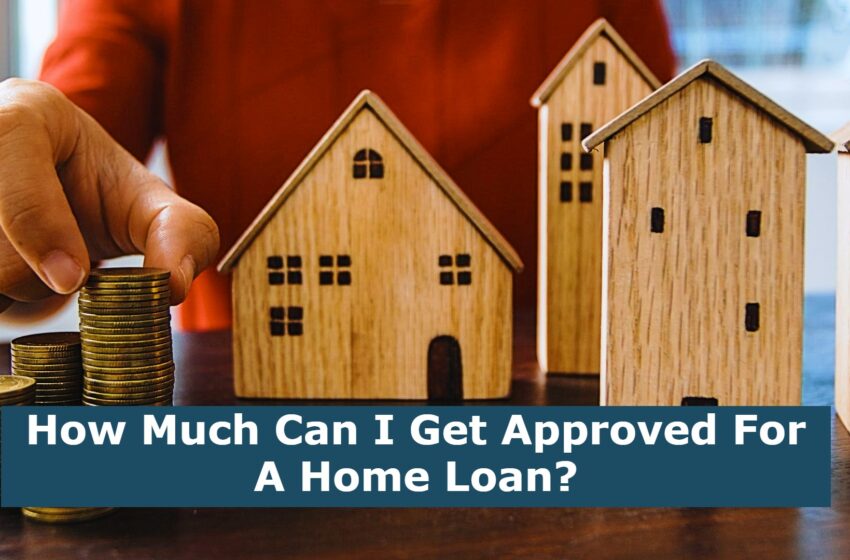
How Much Can I Get Approved For A Home Loan?
When you are interested in purchasing a home, one of the most important questions to ask is, “How much can I get approved for a home loan?” In order to answer that question, it is important to understand the mortgage process, and how to prepare yourself for the financial commitment. Whether you are buying your first home or your fifth, it is important to know what to expect. Below are some of the important factors to consider when applying for a loan.
Pre-approval
Obtaining a home loan pre-approval is a great way to secure a competitive interest rate. It also lets you know exactly what you can afford. This will give you the confidence to make an offer and beat out other prospective buyers. However, you should never sign a contract until you have your pre-approval.
Pre-approval for a home loan requires a lot of work upfront. You will need to gather financial documents and proof of your credit history. In addition, you will be asked some basic questions.
First, you’ll need to determine the type of mortgage you want. There are two basic types: fixed or variable. Fixed-rate loans have an interest rate that remains constant over the life of the loan, while variable-rate loans change with the market.
Prequalification
The prequalification process is a simple and quick way to get the ball rolling on your home purchase. It gives you an idea of how much you can borrow and how much interest you’ll pay each month.
First time buyers are especially interested in this type of information. It’s important to know what you can afford so that you can make the right decision on a home. Getting preapproved can make the difference between securing the home of your dreams and finding something that you can’t afford.
Prequalification is the first step in the long process of getting approved for a mortgage. Your lender will check your financial history and provide you with a general idea of how much you qualify for.
Down payment
If you are planning to buy a home in the near future, you need to start saving for a down payment. It is a good idea to set aside money early on to reduce your stress and make your home buying experience easier.
Several government and private organizations offer down payment assistance programs. These are offered in the form of a grant, a second mortgage, or an interest-free loan. Some programs may have different requirements, so it’s important to check with your lender to find out if these programs are available to you.
Saving for a down payment takes time, patience, and discipline. You should also avoid getting hung up on a specific percentage.
PMI
If you’re thinking about buying a home, chances are you’ve already heard about Private Mortgage Insurance, but you might not be sure exactly what it is or how much it costs. PMI is an insurance policy that covers your lender in case you default on your mortgage.
While PMI is not free, it can help you purchase a home sooner. It also allows you to pay off your loan faster.
The cost of PMI varies depending on your credit score, the size of your loan, and the type of loan you choose. You can pay it all at once, or you can spread your payment over multiple months.
Earnest money
Earnest money is a great way to sweeten your home purchase deal. It shows the seller that you are serious about making the purchase and are willing to go to the extra mile to secure the deal.
Earnest money is a good way to make your offer stand out in a crowded market. The amount of earnest money you may want to consider depends on the market you are buying in. If the real estate market is a bit slower, it might not be necessary to give your buyer a substantial earnest money deposit. But if the market is hot, you may be able to offer a larger amount.
Closing costs
Closing costs are a big part of your home buying process. They can be a surprise to many people, especially first time buyers. Understanding the process and preparing for closing costs can make a big difference in how smoothly your mortgage goes.
The cost of a closing can vary depending on the type of loan and location. However, the average cost is between two and five percent of the loan amount.
Some of these costs are rolled into the loan, while other costs must be paid out of pocket. Depending on your lender, you may be able to shop around and get a better deal.


